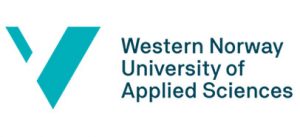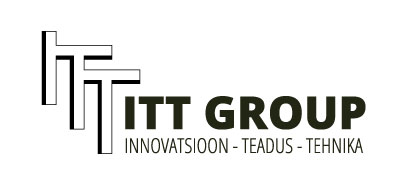
MultiASM
A novel approach for energy-efficient, high
performance and compact programming for next-generation
EU software engineers
The MultiASM project aims to deliver a comprehensive, high-quality curriculum, study, and teaching materials in blended and inverted learning models on green, energy-efficient, compact, and low-level programming techniques.
We want to train the next generation of software engineers directly (in class) and indirectly (MOOCs), promoting European technology heritage and solutions worldwide and fitting recent EU activities (The Chips, Act, EIP, EuroHPC).
Project implementation covers a curriculum on assembler programming for all classes of digital devices:
- embedded/IoT (AVR),
- mobile and portable (ARM),
- and full-size and server/cluster computers: Intel/AMD (CISC).
It includes in-classroom study materials in the form of presentations and self-study (hard copy book, PDF) and online MOOC modules, exchangeable with the classical model, in the form of blended study and inverted learning models. Several dissemination activities will be run at HEs.
We expect to introduce modules of the Assembler programming curriculum to all consortium HE members and beyond through the classical and blended study model.
The Assembler programming curriculum will consist of 4 modules, which will be piloted by 3 HEs and then integrated with their current curriculums.
We will share practices on energy-efficient and green programming.
We will use qualified European engineers to support the development of the EU initiatives (The Chips Act, EuroHPC, EPI).
Resources:
- Join our distant learning platform: https://multiasm.eu/mooc
- Review current progress on Curriculum Implementation:
https://multiasm.aei.polsl.pl/download/assembler-curriculum/ - Review current progress on materials for students implementation:
https://roboticlab.eu/homelab/en/multiasm/toc
The project consortium is composed of 4 partners:

Silesian University of Technology, Gliwice, Poland (Coordinator)
This project has been co-funded by the European Union. Views and opinions expressed are however those of the author or authors only and do not necessarily reflect those of the European Union or the Foundation for the Development of the Education System. Neither the European Union nor the entity providing the grant can be held responsible for them.
KA220-HED – Cooperation partnerships in higher education
Project ID: 2023-1-PL01-KA220-HED-000152401
Project implementation period: from 2023.12.01 to 2026.11.30 (36m)


